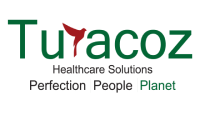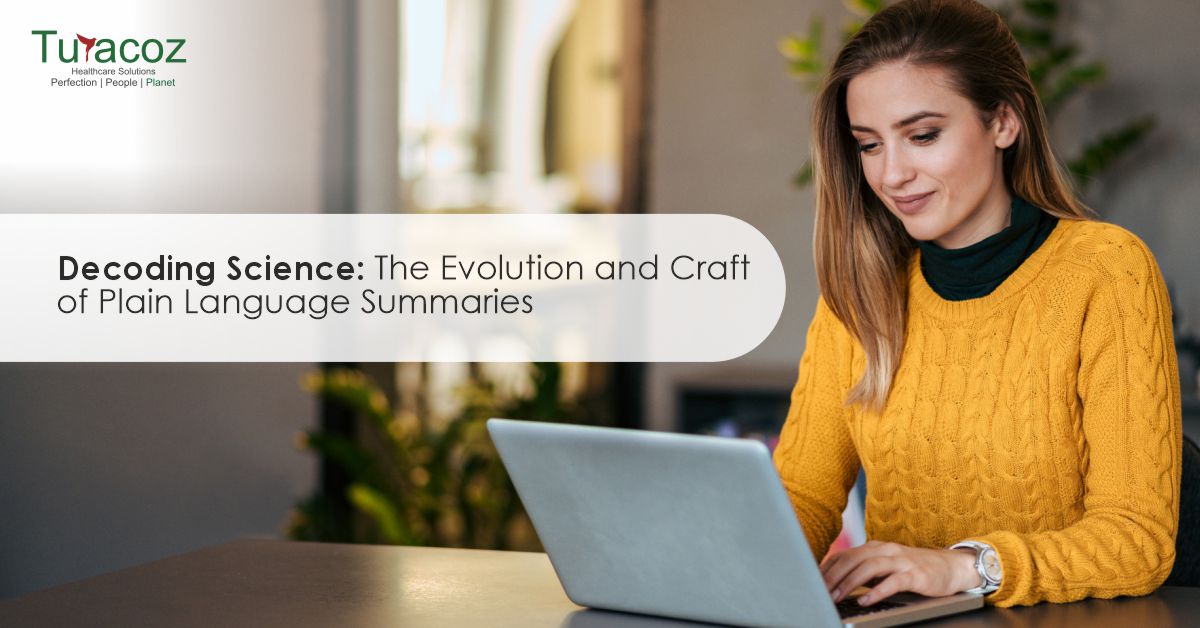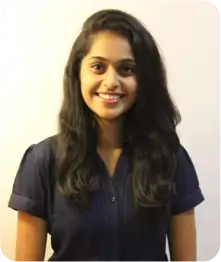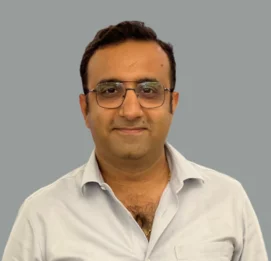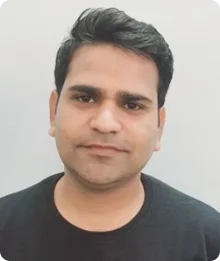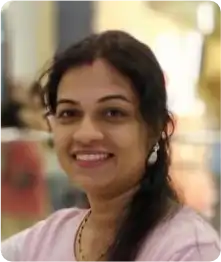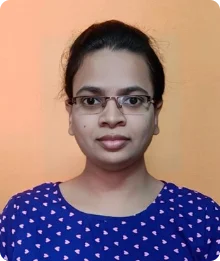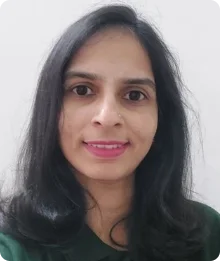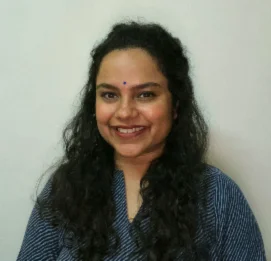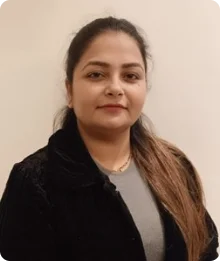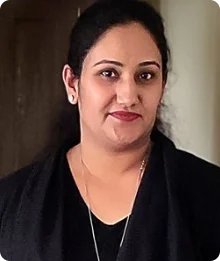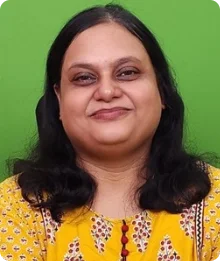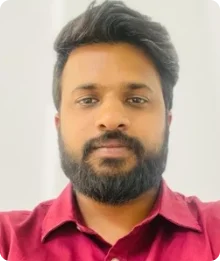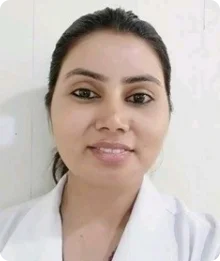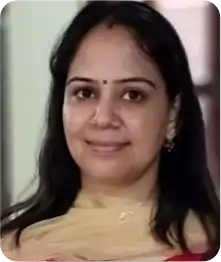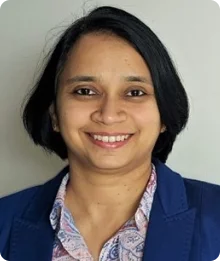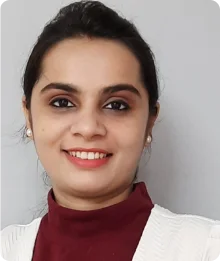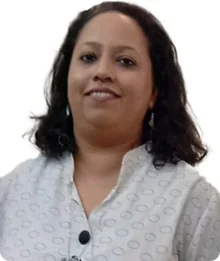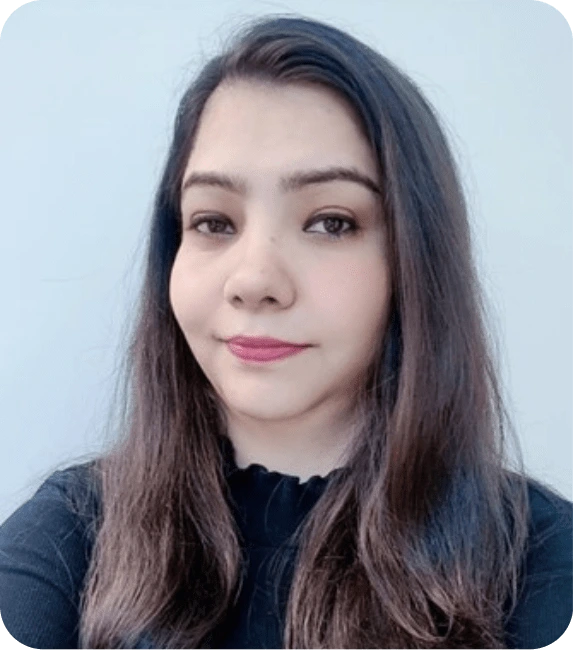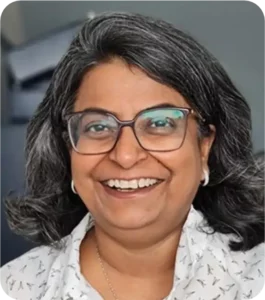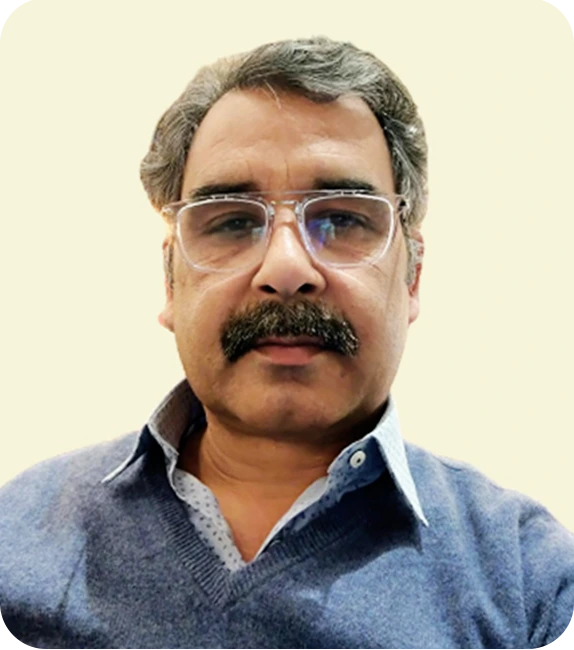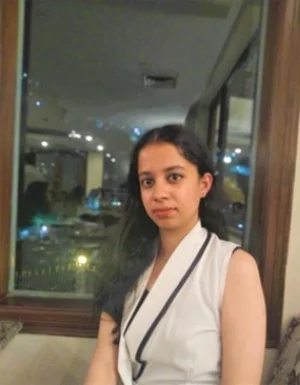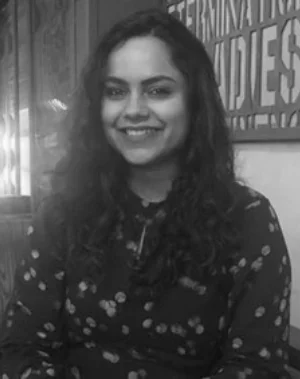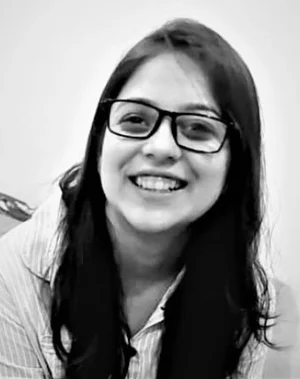Science often appears as a maze filled with complex terminologies and heaps of data that can be challenging to navigate. It can be a daunting task for people outside the scientific realm to understand what’s going on. Imagine science communication as a locked door accessible only to a select few – mainly those who work in science or extensively study it. This blog explores the transformative solution known as Plain Language Summaries (PLS), making it simpler for everyone to understand the exciting discoveries and intriguing discussions unfolding in the world of science.
The Quest for Clarity
For decades, the complex jargon of scientific research has been a gatekeeper, restricting access to knowledge to an exclusive few. This exclusivity not only isolated the public but also hindered interdisciplinary collaboration. The turn of the century indicated a paradigm shift towards more accessible communication methods, including omnichannel communications, among which PLS has emerged as a pivotal tool in democratizing scientific knowledge.
Understanding PLS
At its core, a PLS translates complex scientific findings into digestible, jargon-free language understandable by non-specialists, opening up science to a broader audience. This inclusivity fosters deeper public engagement with science, empowering individuals with knowledge that was once confined to academic papers.
Types of PLS
PLS manifests in various forms, each serving distinct purposes and audiences:
- Research Findings Summaries distill complex study outcomes into engaging, comprehensible narratives.
- Policy Briefs leverage scientific evidence to inform decision-making and legislative action.
- Educational Materials transform intricate scientific concepts into accessible learning resources.
The Importance of PLS in Modern Science Communication
The ascent of PLS signifies a monumental shift towards inclusivity and engagement in science communication. By breaking down the barriers to understanding, PLS fosters a well-informed public, equipped to engage in scientific discourse, appreciate the impact of research, and make informed decisions in their personal and civic lives.
How to Write a Good PLS
Crafting an effective PLS requires a blend of art and science:
- Know Your Audience: Tailor the content to the audience’s level of understanding and interest.
- Simplify Wisely: Use clear, concise language while ensuring the scientific essence remains intact.
- Embrace Storytelling: Employ narratives and relatable examples to convey complex ideas engagingly.
- Visual Aids: Complement text with visuals to aid comprehension and retention.
- Maintain Accuracy: Balance simplicity with the obligation to accurately represent the science.
Challenges and Considerations in Crafting PLS
Creating PLS comes with its hurdles. Simplification must not turn into oversimplification, which can misrepresent or dilute scientific findings. Moreover, addressing uncertainties and maintaining the integrity of the scientific discourse without alienating the audience is a delicate balance to strike.
As we navigate the future of science communication, it becomes evident that making complex information understandable and accessible is paramount. Through PLS, we are not just sharing knowledge; we are inviting everyone into the fascinating world of scientific discovery.
Reach Out to Us!
Turacoz Healthcare Solutions is committed to this mission, offering medical writing services and online medical courses designed to bridge the gap between scientific research and public understanding.
If you’re interested in honing your skills in medical writing and want to contribute to clearer, more impactful science communication, consider joining our “Comprehensive Certificate Course in Medical Writing.” This course is tailored to equip you with the knowledge and tools needed to make a difference in how science is communicated.
Register here: https://forms.office.com/r/uieHuZu52q
For more details about the course, don’t hesitate to get in touch with us at trainings@turacoz.com. Together, we can make science accessible to everyone, advancing knowledge and understanding across communities.
